Swedish research for digestive complications in diabetes.
The study aims to connect and sequence diabetic complications allowing for:
+ Earlier diagnosis
+ More accurate diagnosis
+ Better treatment
+ Complications prevention

Take part in the study to receive a more accurate diagnosis within 3 month.
ParticipateThe Challenge
+50%
Of people living with diabetes suffer from undiagnosed or misdiagnosed digestive complications.

The Causes
 Slow Unpredictable Progression
Slow Unpredictable Progression
The disease evolution can occur over decades making the diagnosis difficult without long-term observation of the progression.
 Overlapping Symptoms
Overlapping Symptoms
Diabetic Gastroparesis (DGP), Pancreatic exocrine insufficiency (PEI) and Celiac Disease (CD) have overwhelmingly similar symptoms.
How It Works


30 minutes
The Long-Term Study
By continuing your participation, completing a new test every 6 months, you will enable the study to go beyond digestive complications, attaining a better understanding of diabetic retinopathy in general.
The aim of the study over the long-term is to identify more methods of reducing unnecessary suffering and deterioration related to diabetic complications.

Ongoing
Bi-annual Tests
Participants are asked to continue their participation.

Developing
Additional Tests
To study more diabetes-related complications.
The Researchers

Per M. Hellström

Bodil Ohlsson

Asbjørn Mohr Drewes
Involved Institutions


